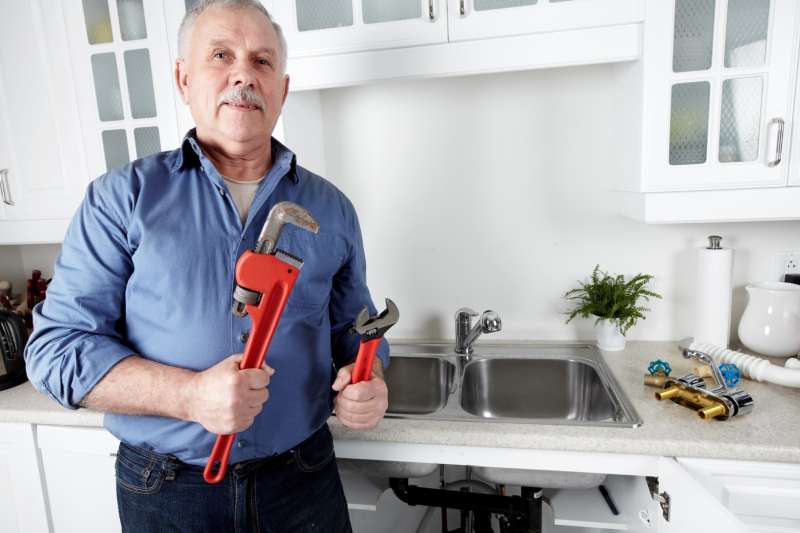 Glenwood Plumbers
Glenwood Plumbers
 Glenwood Plumbers
Glenwood Plumbers
Gas Line Repairs is a critical plumbing service that covers reviewing, fixing, and managing of propane and natural gas systems to ensure code adherence and safe operation. This service addresses gas leaks, pressure irregularities, and pipe damage, using advanced diagnostic tools and safety standards to avoid dangers and ensure safety. Licensed plumbers ensure all repairs comply with laws and regulations for safe and dependable energy supply
We provide top-quality Plumbing services throughout Fayette County. Whether you need help with Gas Line Repairs or other issues, our Pros is ready.

Installing dishwashing machines, hot water heater (tank and tankless), waste disposal unit, and cleaning devices.

Guaranteeing backflow prevention gadgets are working correctly.

Moving or updating plumbing systems.

Ensuring plumbing systems meet regional guidelines.

Immediate action to prevent flooding and water damage.

Cleaning clogs in sinks, toilets, showers, and drain lines.

Routine cleansing to prevent blockages and preserve flow.

Repairing malfunctioning faucets, toilets, and other components.

Installation of sinks, faucets, toilets, bath tubs, and showers.

Emergency detection and repair to prevent dangers.

Repairing gas leaks and making sure correct gas line functioning.

Setting up systems for reusing family wastewater.

Installing and maintaining glowing floor heating systems.

Specialized piping for factories or industrial settings.

Installing and maintaining outdoor watering.

Plumbing systems for brand-new buildings or restorations.

Repairing leaks in pipelines, faucets, toilets, and appliances.

Quick resolution of serious clogs and overflows.

Utilizing electronic cameras to inspect pipelines for damage or blockages.

Repairing or changing burst, worn away, or damaged pipelines.

Setting up brand-new piping systems for water, gas, and drainage.

Examining plumbing systems before purchasing residential or commercial property.

Setting up systems to collect and utilize rainwater.

Ongoing maintenance services for organizations.

Installing, repairing, and keeping septic systems.

Managing groundwater in basements.

Setting up water-efficient or modern fixtures.

Recommending on water-saving methods and items.

Installing water softeners and purification systems.

Flushing and checking water heaters to extend life expectancy.

Addressing problems with temperature level, leaks, or failure to heat water.

Protecting basements or other locations from water intrusion.

Immediate attention to prevent contamination and health dangers.